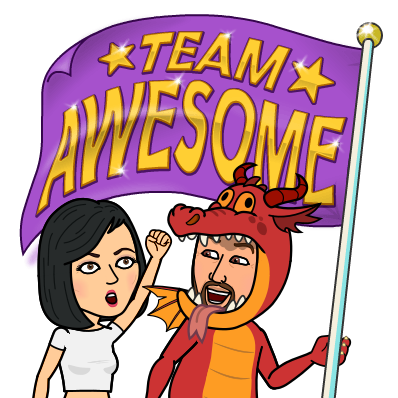
Fortunately, on the other hand, Bitmoji allows us to customize our characters and create extremely realistic self-portraits and share with our friends and family without losing any of the emoji appeals.īitmoji is a supplementary social media software that people use to make little versions of their own drawings, which they then post on their various social media pages. This article originally appeared on are giving us quite a new realm of interpretability when we’re online, but they’re not exactly real. Top download countries listed by 2016 rank.

Note: Most-downloaded apps in the top 10 iOS download markets, Jan. If you don’t recognize the app icons above, here’s a key: Facebook has also been banned in China at times and faces steep competition from homegrown player Tencent. Note that in China, the world’s biggest app market as of 2015, Google is banned, so you won’t see its apps there. 1 to March 29 of 2017 and excludes games. This study uses only data from iOS, since many Android devices come preloaded with Google apps, meaning download data from Android wouldn’t accurately show user interest.

Uber’s ride-sharing app also made the top 10 list in three countries - the U.S., Brazil and Australia - for the first time this year.įor the most part, though, Facebook, Google and Snapchat own the top apps: 1 most-downloaded app in five top markets: The U.S., U.K., France, Canada and Australia. At the time, Bitmoji wasn’t in any of these top 10 rankings. Snapchat, which went public in March, became a top 10 most-downloaded app in eight of the 10 biggest app markets this year, according to data from app analytics company App Annie.īut Snapchat’s biggest growth comes from Bitmoji, the personal emoji app Snapchat parent Snap acquired last year.

Facebook and Google have long dominated the app store, but they’re losing ground to younger tech upstarts.


 0 kommentar(er)
0 kommentar(er)
